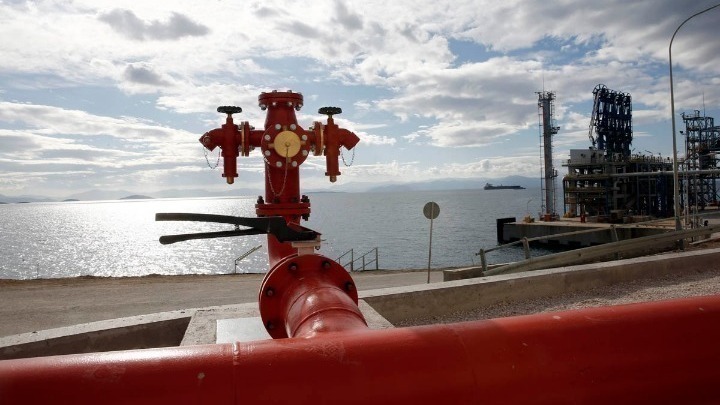For the first time in history, the production of electricity from Renewable Energy Sources in Greece exceeded the corresponding production from natural gas this year, without taking into account the contribution of large hydroelectric plants.
The structural upheavals in the energy market brought about by the international crisis also include the fact that Greece became an energy exporter and an energy channel for the Balkan countries, supporting their energy supply with Liquefied Natural Gas infrastructure.
Environment and Energy Minister Kostas Skrekas pointed out that with the increase in RES, Greece has a comparative advantage in electricity production for the first time because it has twice as much solar radiation compared to Northern Europe. He estimated that the production of “green” energy will translate into savings of more than 2 billion euros in 2023 from the substitution of natural gas imports.
The developments in natural gas exports are also impressive with the Liquefied Natural Gas storage and gasification infrastructure in Revythoussa playing a leading role. Skrekas has recently stated at the Ministerial Council of the International Natural Gas Conference in Bucharest, that the country exported 0.7 billion cubic meters of natural gas last year, while this year it is already approaching 2 billion. According to market estimates, exports will reach 3 billion cubic meters this year.
Moreover, the country’s export potential will be strengthened with the commercial operation of the Greek-Bulgarian natural gas pipeline that began on October 1 and the start of operation, in 2023, of the new floating Liquefied Natural Gas station in Alexandroupolis.
SOURCE; ANA-MPA









